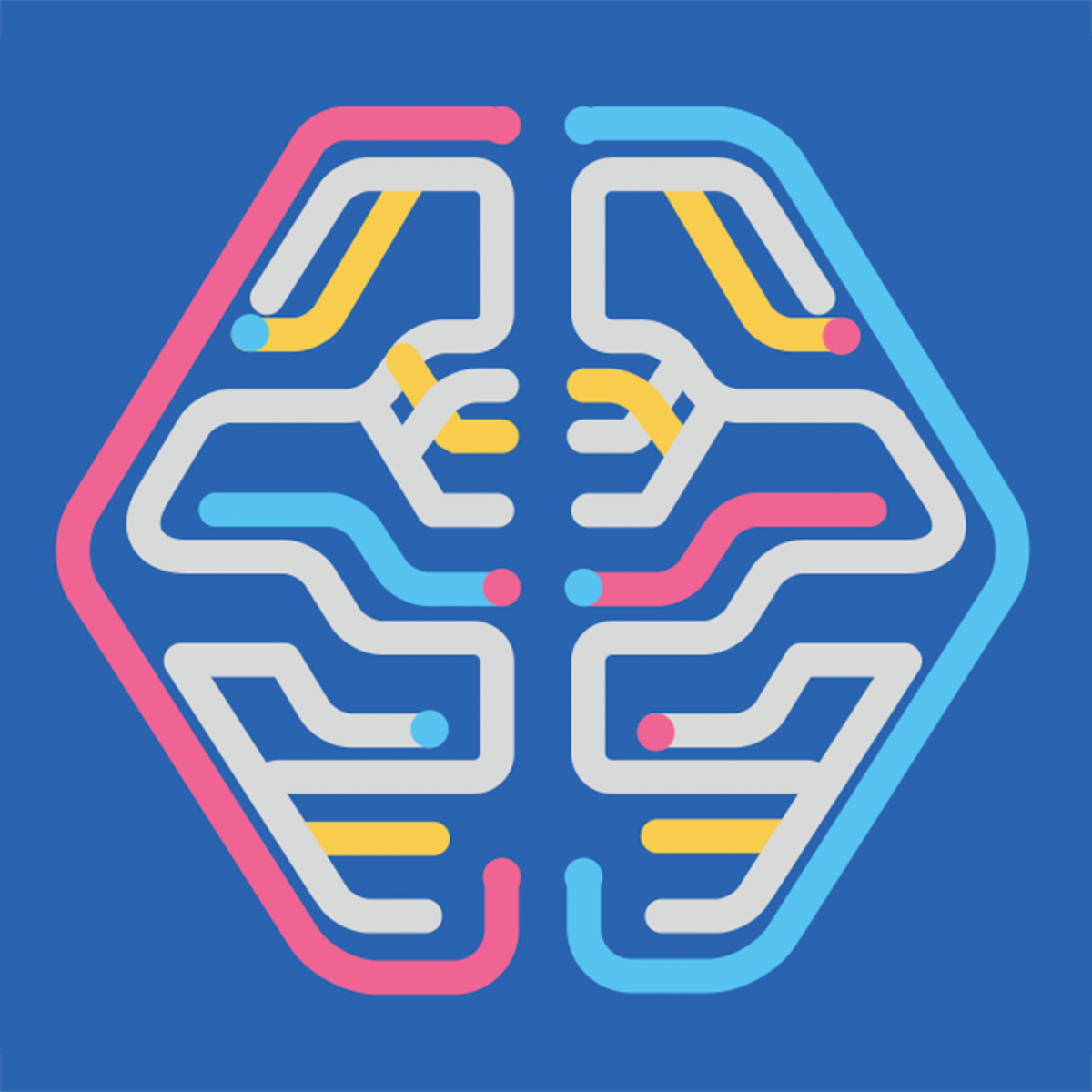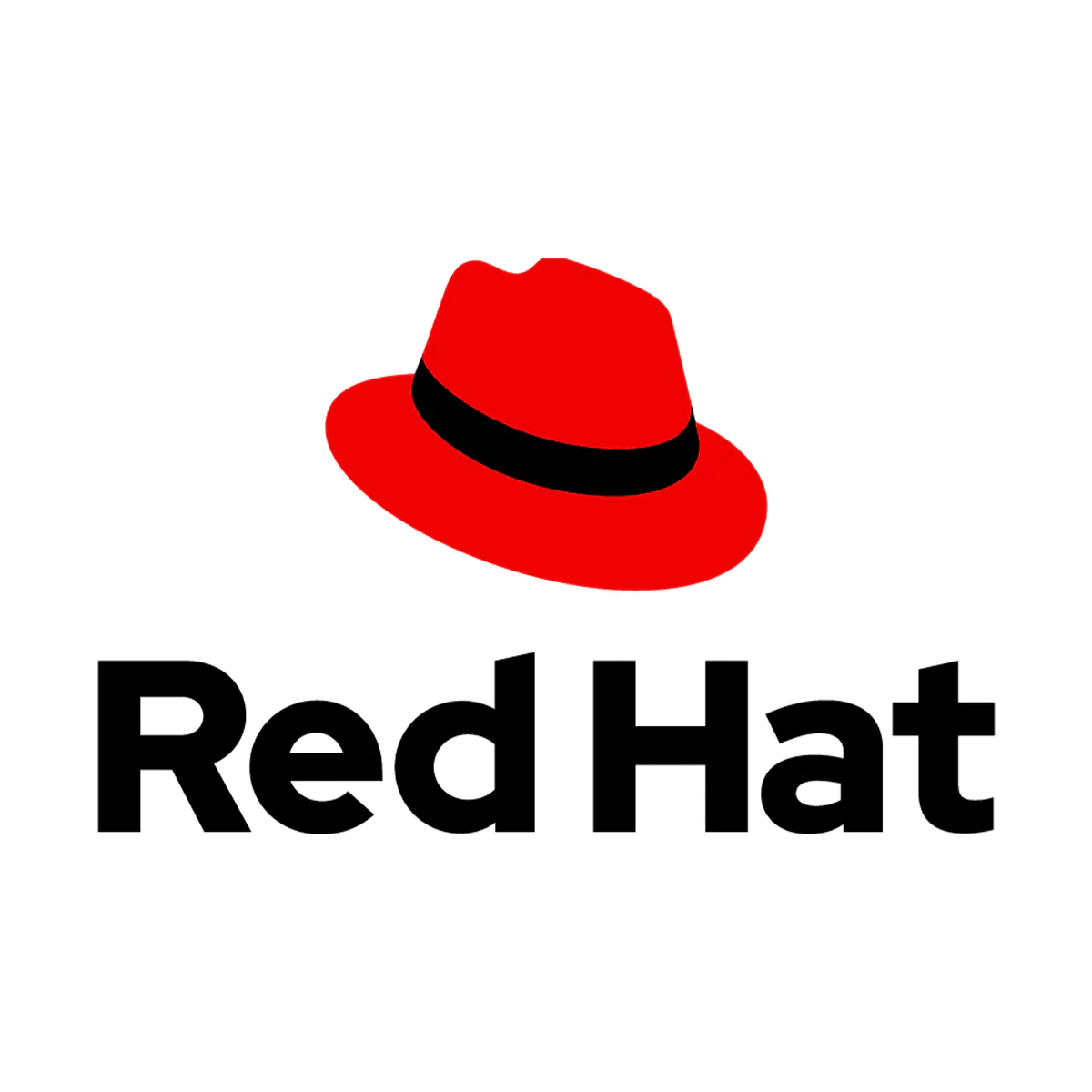Back to Courses









Information Technology Courses - Page 47
Showing results 461-470 of 1471

Building Transformations and Preparing Data with Wrangler in Cloud Data Fusion
This is a self-paced lab that takes place in the Google Cloud console. In this lab you’ll be working with Wrangler directives which are used by the Wrangler plugin, the “Swiss Army Knife” of plugins in the Data Fusion platform, so that your transformations are encapsulated in one place and we can group transformation tasks into manageable blocks.

Google Data Analytics Capstone: Complete a Case Study
This course is the eighth course in the Google Data Analytics Certificate. You’ll have the opportunity to complete an optional case study, which will help prepare you for the data analytics job hunt. Case studies are commonly used by employers to assess analytical skills. For your case study, you’ll choose an analytics-based scenario. You’ll then ask questions, prepare, process, analyze, visualize and act on the data from the scenario. You’ll also learn other useful job hunt skills through videos with common interview questions and responses, helpful materials to build a portfolio online, and more. Current Google data analysts will continue to instruct and provide you with hands-on ways to accomplish common data analyst tasks with the best tools and resources.
Learners who complete this certificate program will be equipped to apply for introductory-level jobs as data analysts. No previous experience is necessary.
By the end of this course, you will:
- Learn the benefits and uses of case studies and portfolios in the job search.
- Explore real world job interview scenarios and common interview questions.
- Discover how case studies can be a part of the job interview process.
- Examine and consider different case study scenarios.
- Have the chance to complete your own case study for your portfolio.

Developing a REST API with Go and Cloud Run
This is a self-paced lab that takes place in the Google Cloud console. Demonstrate how to build a REST API with Go and Cloud Run

Hello Cloud Run
This is a self-paced lab that takes place in the Google Cloud console. In this lab you'll learn how to get started with Cloud Run by deploying and running a stateless container serverless-ly (with the infrastructure abstracted away).

How Google does Machine Learning
What are best practices for implementing machine learning on Google Cloud? What is Vertex AI and how can you use the platform to quickly build, train, and deploy AutoML machine learning models without writing a single line of code? What is machine learning, and what kinds of problems can it solve?
Google thinks about machine learning slightly differently: it’s about providing a unified platform for managed datasets, a feature store, a way to build, train, and deploy machine learning models without writing a single line of code, providing the ability to label data, create Workbench notebooks using frameworks such as TensorFlow, SciKit Learn, Pytorch, R, and others. Our Vertex AI Platform also includes the ability to train custom models, build component pipelines, and perform both online and batch predictions. We also discuss the five phases of converting a candidate use case to be driven by machine learning, and consider why it is important to not skip the phases. We end with a recognition of the biases that machine learning can amplify and how to recognize them.

Android Mobile Lifecycle and Software Development Approaches
Learn how to manage the lifecycle and data collections of mobile applications. Compare different methodologies for organizing and architecting Android applications and the implications on code quality and team velocity. You will follow the lifecycle activities of fragments from the source of generation and learn how to respond. You will do this by reviewing the Android lifecycle.
You’ll review and apply different types of Kotlin user interface (UI) interactivity from user input handling to gestures. You’ll get to practice different aspects of working with data in an Android application and you’ll build out a lifecycle and data.

Create a Database with LibreOffice Base
By the end of this project you will have used LibreOffice Base to create a relational database table and populate it with rows of data. Base provides features that allow you to work with databases using wizards that lead you through the processes step-by-step. It also provides methods of working with database components directly, giving you the additional measure of control and flexibility you need to create a custom-designed database.
Note: This course works best for learners who are based in the North America region. We’re currently working on providing the same experience in other regions.

Managing Cloud-native Applications with Kubernetes
Managing Cloud-native Applications with Kubernetes (DO100b) is designed for IT professionals without previous cloud application deployment experience to learn basic Kubernetes skills. This course is the second course of a three-course specialization. In this specialization, you will run, deploy, and test containerized applications with zero-downtime releases.

Achieving Advanced Insights with BigQuery
The third course in this course series is Achieving Advanced Insights with BigQuery. Here we will build on your growing knowledge of SQL as we dive into advanced functions and how to break apart a complex query into manageable steps.
We will cover the internal architecture of BigQuery (column-based sharded storage) and advanced SQL topics like nested and repeated fields through the use of Arrays and Structs. Lastly we will dive into optimizing your queries for performance and how you can secure your data through authorized views.
After completing this course, enroll in the Applying Machine Learning to your Data with Google Cloud course.
>>> By enrolling in this specialization you agree to the Qwiklabs Terms of Service as set out in the FAQ and located at: https://qwiklabs.com/terms_of_service <<<

Microsoft Azure Management Tools and Security Solutions
Microsoft Azure offers a wide range of services to deploy your applications. To keep control of your environment and to make deployments easier, it also offers a wide array of management tools and services. In this course, you will be introduced to these tools and services and you will be asked to help choose the best one for a given business scenario.
Some modules cover software development processes and services. You will learn about cloud monitoring solutions for your applications and infrastructure. As well as picking the right Microsoft Azure management tool depending on your technical needs. When you have completed this course, you will be able to choose the right serverless compute technology, Azure IoT service, or Azure Artificial Intelligence service.
Having a good security strategy is essential in today's digital world. Every application and service, whether on-premises or in the cloud, needs to be designed with security in mind. Security needs to happen at the application level, at the data level, and the network level.
You will learn about the various Microsoft Azure services you can use to help ensure that your cloud resources are safe, secure, and trusted. When you have completed this course, you will be able to identify security threats in Microsoft Azure, make security recommendations, and detect and respond to events using security and event management. From a developer perspective, you will look at how to secure your secrets and ensure that they are not exposed.
You will also examine network security scenarios such as firewalling, network security groups, and protecting yourself from distributed denial of service attacks. You will learn how to build a complete network security solution that brings all these tools together to secure your Microsoft Azure deployments and resources.
When you have completed this course, you will be able to choose the best Microsoft Azure tools and services for a given business scenario. You will also be able to describe how to protect the workloads that you run both in the cloud and in your on-premises datacenter.
This beginner-level course is suitable for IT personnel who are just beginning to work with Microsoft Azure and want to learn about Microsoft Azure offerings and get hands-on experience with the product.
This course can help you prepare for AZ-900: Microsoft Azure Fundamentals exam. This is the second course in a four-course program that prepares you to take the AZ-900 certification exam. This course teaches you the core concepts and skills that are assessed in the Microsoft Azure management tools, and security solutions exam domains.
To be successful in this course, you need to have basic computer literacy and proficiency in the English language. You should be familiar with basic computing concepts and terminology, general technology concepts, including concepts of networking, storage, compute, application support, and application development. You should also be familiar with the concept of application programming interfaces, or APIs. It is beneficial to have a high-level familiarity with relevant Microsoft products such as Dynamics 365 and Office 365.
Popular Internships and Jobs by Categories
Browse
© 2024 BoostGrad | All rights reserved


